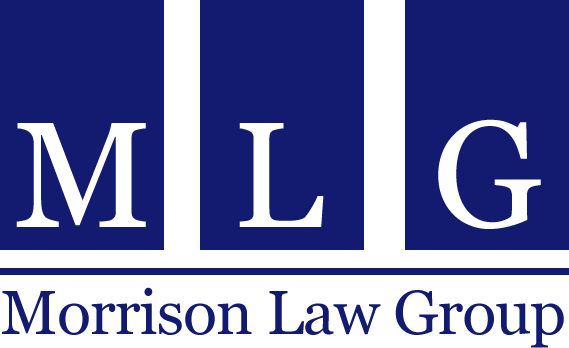Many people may file bankruptcy and not lose any assets in what Chapter 7 bankruptcy trustees refer to as “no-asset” cases. The key to filing bankruptcy and minimizing the loss of assets is the ability to exempt as much property as possible. When a person files for bankruptcy protection under either Chapter 7, 11, or 13, he or she must submit their non-exempt property to a bankruptcy estate for liquidation with the proceeds distributed to unsecured creditors. If you don’t have any non-exempt property, your case will likely be considered a no-asset case and you will lose nothing if you file a Chapter 7 bankruptcy case.
Federal bankruptcy law allows debtors to keep certain property, typically necessary items crucial to gaining a fresh start when filing a bankruptcy case. This is accomplished through exemptions that are contained in the law of each state, as well as federal law. Each state chooses the set of exemptions to be used when anyone files bankruptcy within the state’s borders. Some states allow debtors to choose between the federal exemptions and the state exemptions. Utah does not and anyone filing bankruptcy in Utah must use the set of exemptions contained in the Utah Exemptions Act in Title 78B of the Utah Code.
Property that fits within an exemption is considered “exempt” property since it is excluded or exempt from the bankruptcy estate. Any property that may not be excluded or exempted is “non-exempt” property and becomes part of a debtor’s bankruptcy estate upon filing. Any non-exempt property received within 180 days of filing is also considered part of a debtor’s bankruptcy estate.
Smart planning within the confines of federal bankruptcy law allows debtors to minimize the loss of non-exempt property by disposing of it or “converting” it into exempt property before filing bankruptcy. Selling what would be non-exempt property and using the proceeds to acquire property that would be exempt is a wise course of action before filing any bankruptcy case.
Property that is typically subject to exemption is that which is necessary for every day living and working. Bankruptcy law’s primary purpose is to help debtors gain a fresh start. Taking everything a bankruptcy debtor owns is contrary to the concept of a fresh start. However, allowing any debtor to keep property like a boat, ATV, or expensive piano while discharging the debt would be unfair to a debtor’s creditors. Non-exempt property generally covers property items that fall outside of the necessities related to everyday life.
Court rulings and general practice experience have established a general idea of what types of property are exempt and non-exempt. The following are examples of property that a Chapter 7 debtor will typically have to surrender (“non-exempt” property), and property that the debtor may usually retain (“exempt” property).
Examples of property that is typically non-exempt include the following:
- Cash, bank accounts, stocks, bonds, and other investments
- A second car or truck
- A second home or vacation home
- Collections of stamps, coins, dolls, and other valuable items
- Expensive musical instruments, unless the instrument is a tool of the trade, i.e., the debtor is a professional musician
- Family heirlooms
- Boats, ATVs, snowmobiles
Exempt property may include the following:
- Some unpaid but earned wages
- Some equity in the debtor’s personal residence
- Motor vehicles, up to a certain value within the exempt amount
- Household goods, appliances, and furnishings
- Jewelry, wedding rings, up to a certain value
- Clothing
- Tools of the debtor’s trade or profession, up to a certain value.
- Pensions
- Public benefits, including public assistance (welfare), social security, and unemployment compensation, accumulated in a bank account
- Damages awarded in a personal injury case
Theron Morrison founded the Morrison Law Group providing superior legal services to every client. We pride ourselves on quality, experienced, and caring legal representation. When financial obligations become overwhelming, and no solution seems apparent, we can provide the necessary guidance, assistance, and hope that clients deserve. After debtors receive their discharge, we continue to deliver outstanding service protecting them from unscrupulous and dishonest creditors while helping them take measures to restore their credit.
A former “National Bankruptcy Attorney of the Year,” Theron Morrison leads the Morrison Law Group, one of Utah’s most respected law firms, in assisting thousands of Utah residents to solve financial problems by filing bankruptcy. We offer debt relief services related to chapter 7 and chapter 13 bankruptcy, workouts, delinquent taxes, loan modifications, short sales, student loans, and defending the residents, consumers, and taxpayers of Utah against illegal collection.


